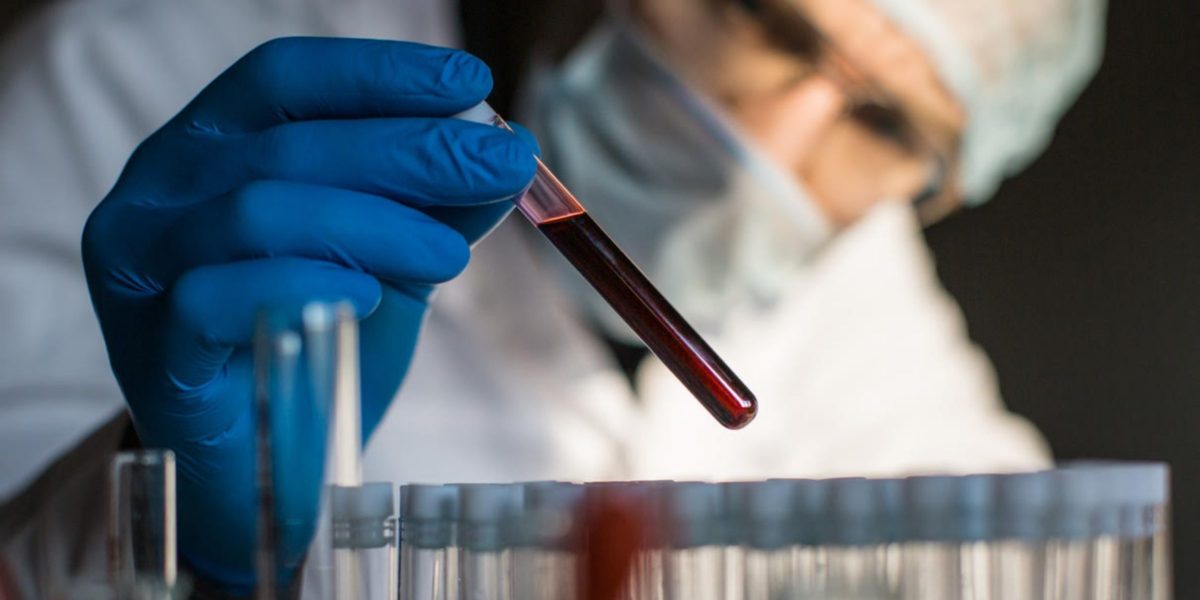Update on the Tick-borne Illness Diagnostics Incubator
Invisible International is supporting six teams in its “Tick-borne Illness Diagnostics Development Incubator,” a yearlong collaborative forum designed to help bring better diagnostics solutions to the market faster. This month, organized teams of researchers, diagnostics companies, patients, government representatives, and industry funders have been holding regular meetings to discuss needs, regulatory/technology roadblocks, and marketing strategies. The diagnostics companies participating include R.E.D. Laboratories, Flightpath Biosciences, Galaxy Diagnostics, TickPlex/Tezted, IGeneX, and LabCorp.
One of the new players in this space is a Belgium-based company, R.E.D. Laboratories. Their novel “Phelix Phage” Borrelia detection method (Patent WO2018083491A1) was co-discovered by Jinyu Shan, PhD, University of Leicester; Professor Martha Clokie, University of Leicester; and Dr. Louis Teulières, Phelix R&D. This test can used on blood, urine, biopsies, or ticks to detect the presence of specific phages, spider-like viruses that parasitically prey on targeted Borrelia bacteria. The phages are transmitted with Borrelia during a tick bite, and they can only survive if their bacterial hosts are alive. Detecting these specialized phages in blood or urine provides direct evidence of active Borrelia infections in both early- and late-stage patients. And preliminary studies are promising, showing a >90% sensitivity and 100% specificity, a huge improvement over the two-tiered testing used today.
Thus far, the lab has developed diagnostics for the Borrelia sensu lato group (the 18 Borrelia species that cause Lyme borreliosis), the relapsing fever Borrelia group, Borrelia miyamotoi, (a recently discovered, genetically distinct member of the relapsing fever group), and a broad range of rickettsias. They’re also using this approach to develop tests for other tick-borne pathogens.
Tanja Mijatovic, PhD, the Chief Scientific Officer of R.E.D. Laboratories, said, “After more than two years of using the Phelix Phage Borrelia test, we’ve discovered that far more patients (primarily late stage) have tested positive for the relapsing fever group (B. miyamotoi, B. hermsii, etc.) than the Borrelia sensu lato group.”
This raises an interesting scientific question — might patients with persistent Lyme symptoms have active, undetected infections caused by microbes that no one is looking for?
R.E.D. Labs is currently looking for partnerships with health-care facilities and practitioners involved in infectious diseases, to help challenge and validate their tests. Inquiries can be directed to Dr. Mijatovic: tmijatovic@redlabs.be
In future weeks, Invisible will profile other incubator teams and participants.
***
Invisible’s incubator is designed to complement the LymeX Tick-Borne Disease Innovation Accelerator, which will be offering research prizes for the development for better early Lyme diagnostics over three phases. [LymeX is funded with $25 million from the Steven & Alexandra Cohen Foundation and co-managed with the U.S. Department of Health and Human Services (HHS).] The Invisible Incubator is helping diagnostic companies gain a competitive edge in this competition, by making it easy to engage with clinical, lab, and research collaborators, and by participating in forums where past and emerging technologies will be discussed.
This incubator program is a component of Invisible’s Lovell Innovation Platform, funded by a trailblazing donation by Mark and Eileen Lovell. Thanks to their generous support, Invisible International is delivering programs that will change the landscape of tick-borne illness and other invisible illnesses through community action, education, and research.


